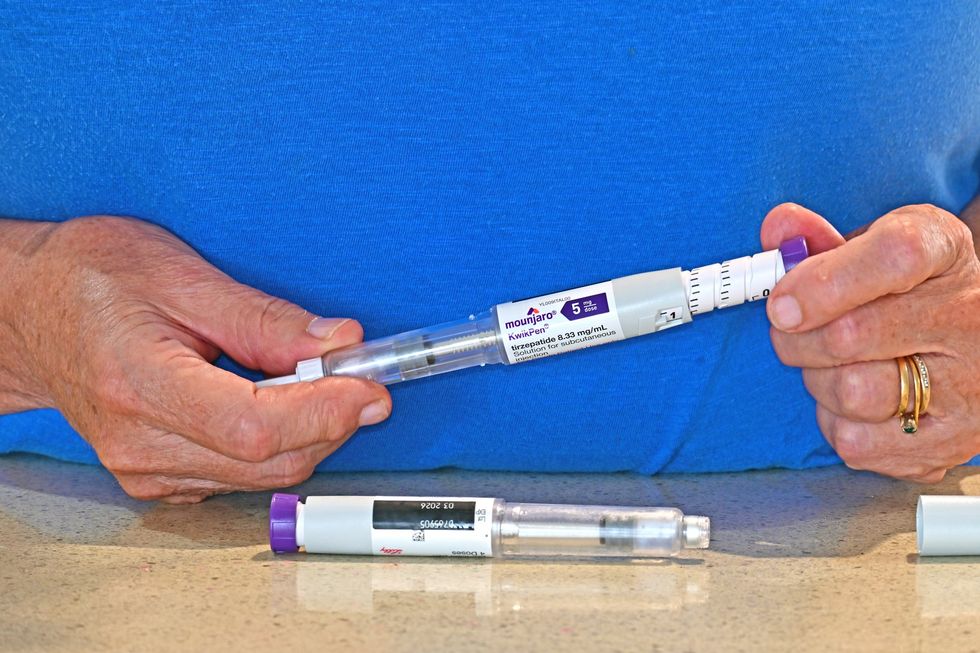Mounjaro, the weight loss injection developed by pharmaceutical firm Lilly, is set to be prescribed on the NHS for the first time.
Also known as tirzepatide, the drug will become available to around 220,000 people in England over the next three years, focusing on those with the "greatest need" for it.
What is Mounjaro?
Tirzepatide, marketed as Mounjaro, is a medication primarily used to treat type 2 diabetes. It works by reducing blood sugar levels and slowing the rate at which the stomach empties, helping users feel fuller for longer and, in turn, less inclined to eat.
According to the NHS, those prescribed the injection are expected to follow a calorie-controlled, balanced diet and maintain regular physical activity alongside treatment, under the guidance of a healthcare professional.

Who is eligible for Mounjaro?
During the first year of the rollout, Mounjaro will be made available to individuals with a body mass index (BMI) over 40, provided they also live with at least four obesity-related health conditions. These may include type 2 diabetes, high blood pressure, heart disease, and obstructive sleep apnoea.
Previously, access to the drug was limited to patients referred through specialist weight management services — typically those who were severely obese and affected by multiple serious health issues.
It’s estimated that around 1.5 million people in the UK are currently using weight loss medications, obtained either through specialist weight management programmes or private prescriptions.
How do you take Mounjaro?
According to the NHS, the medication is typically taken once a week via a self-administered injection, with healthcare professionals providing guidance on how to use it correctly.
Who is it not suitable for?
Mounjaro is not recommended for individuals who are pregnant, planning to become pregnant, breastfeeding, or living with certain medical conditions, according to NHS guidance.
For those using the contraceptive pill, the NHS recommends additional protection, such as condoms, during the first four weeks of treatment and for four weeks following any dose increase. This is because the body may not fully absorb the pill during these periods, potentially reducing its effectiveness.
You should also read...
- Scott Disick's weight loss drugs spotted on camera during The Kardashians
- Health expert explains what happens when you stop taking Ozempic
Sign up to our free Indy100 weekly newsletter
How to join the indy100's free WhatsApp channel
Have your say in our news democracy. Click the upvote icon at the top of the page to help raise this article through the indy100 rankings.














